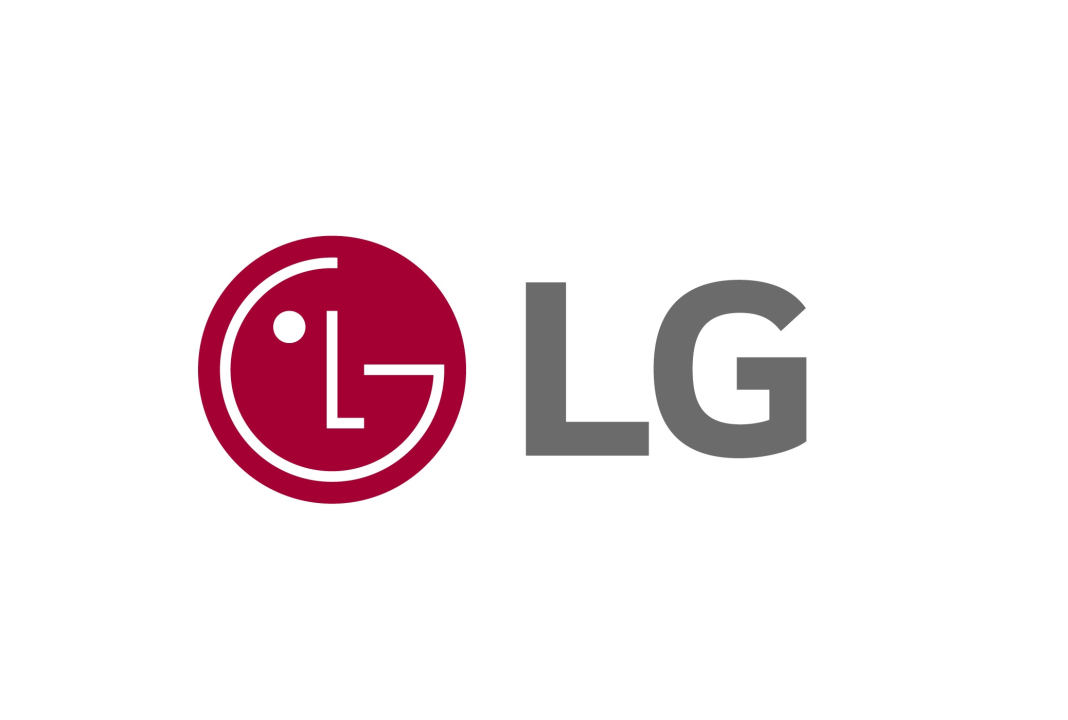In a technological stride, LG Electronics, renowned for its cutting-edge TV innovations, launched its brightest OLED TVs just a year ago, earning accolades for overcoming the long-standing challenge of panel suitability in bright, sunlit rooms. The G3 OLED series, labelled by Rtings as “an outstanding TV with no real weaknesses,” received widespread acclaim, establishing itself as one of the top-performing TVs on the market. In addition, LG showcased its technological prowess at CES 2023 with the introduction of the Signature OLED M, a “wireless” TV that receives content wirelessly through a discreetly positioned Zero Connect box.
As we step into 2024, LG has shifted its focus towards artificial intelligence (AI) and smaller, iterative changes. Despite this, the enhancements remain significant and promising. A notable upgrade across the OLED TV linenup is the support for variable refresh rates up to 144Hz, catering to the needs of PC gamers. The new G4 series introduces Micro Lens Array technology to an expansive 83-inch screen, enhancing brightness and image quality. The 2024 OLED M line expands with a 65-inch model, offering the sought-after wireless technology in a more compact size.
However, the standout theme for 2024 is undeniably AI. LG’s latest a11 processor, featured in the M4 and G4 series, boasts a remarkable “70 percent improvement in graphic performance and a 30 percent faster processing speed compared to its predecessor,” as per the company’s official statement.
While AI upscaling is not a new concept for LG’s OLEDs, the company emphasizes that the enhancements for 2024 are more capable and comprehensive than ever before. The Alpha 11 chip employs precise pixel-level image analysis to sharpen objects and backgrounds effectively. Beyond mere upscaling, the AI processor demonstrates an understanding of creative intent, adjusting image settings to deliver a clearer and more vibrant viewing experience. LG highlights the chip’s ability to refine colours by analysing frequently used shades, aligning with filmmakers’ and content creators’ intended mood and emotional elements.
Dynamic Tone Mapping Pro is another feature driven by AI, splitting pictures into blocks and fine-tuning brightness and contrast based on variations in scene lighting, resulting in images with a more three-dimensional appearance. The incorporation of AI technologies signifies LG’s commitment to elevating the viewing experience and tailoring it to individual preferences.
However, this introduces a potential divide in performance between models with and without the AI technology. While picture purists can disable these AI modes, the impact on customers who leave them enabled could be substantial. The M4 and G4 series come with LG’s five-year warranty, covering any picture defects, including burn-in.
Even the entry-level B4 series sees noteworthy improvements. With the new a8 chip, users can enjoy four full-bandwidth HDMI 2.1 ports, all supporting 4K 120Hz gaming. LG also promises five years of webOS updates for its TVs dating back to 2022, ensuring consistent menu navigation and user experience.
Despite the absence of major brightness gains in the G4 series compared to its predecessor, the G3, experts suggest that potential buyers should consider snagging a great deal on the G3, as the upgrades might not be substantial enough to warrant waiting. First hand impressions from CES in Las Vegas will provide a closer look at whether the faster processor and enhanced AI features are truly game-changers. As the year unfolds, LG’s commitment to innovation and AI integration sets the stage for a dynamic and immersive TV viewing experience.


